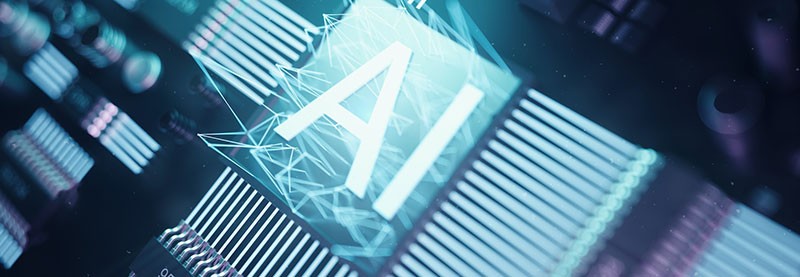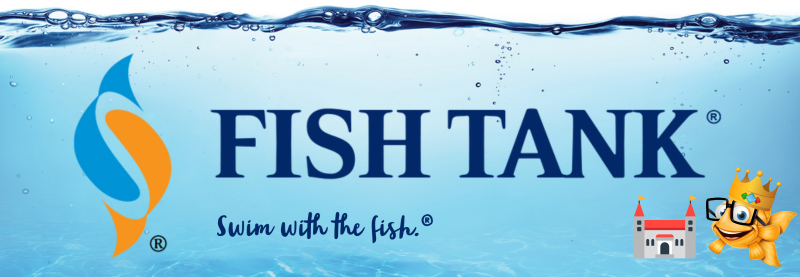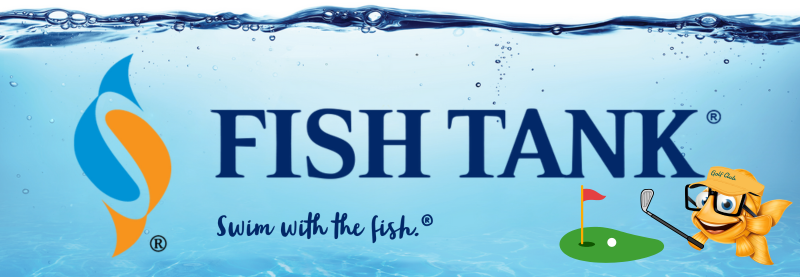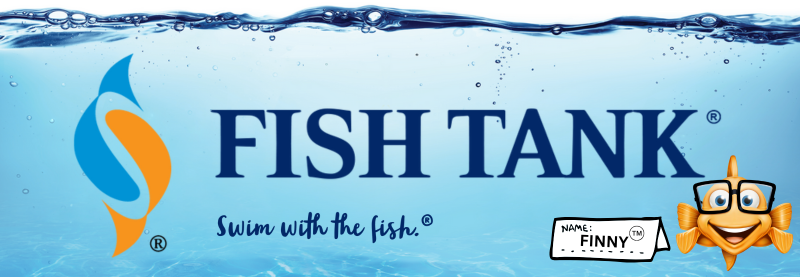Intellectual Property Insights from Fishman Stewart PLLC
Newsletter – Volume 23, Issue 18
Share on Social
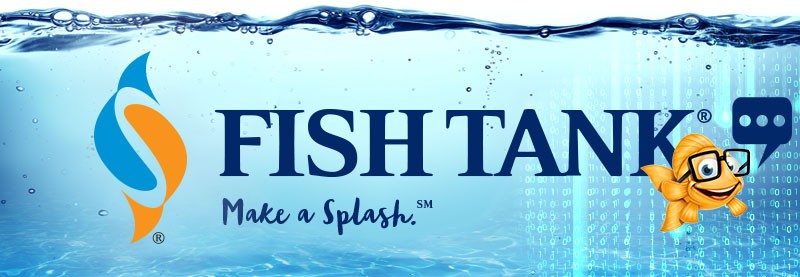
AI: Artificial Inventor? USPTO Reenters the Conversation
By Kameron F. Bonner
In a previous edition of Fish Tank, we discussed the advancement of artificial intelligence (AI) inventorship with an AI system called Device for the Autonomous Bootstrapping of Unified Sentience (DABUS) being declared a patent inventor in South Africa and Australia, despite the U.S. taking a different approach with a Federal Circuit Court in Thaler v. Vidal affirming the U.S. Patent and Trademark Office’s (USPTO) position that only natural persons (i.e., human beings) can be named inventors on U.S. Patents.
Now, the USPTO has re-entered the conversation, recognizing the significance of the Thaler decision and the uncertainty around AI contributions to inventions. In mid-February of 2023, the USPTO released a Request for Comments Regarding AI and Inventorship, which is part of a broader initiative to explore the role of AI in innovation as discussed in a recent Director’s Blog by Kathi Vidal, Director of the USPTO.
However, despite USPTO and Federal Circuit Court opinions suggesting that inventions made by human beings with the assistance of AI may be eligible for patent protection, there is still much uncertainty over just how much AI assistance is too much. As companies begin to take advantage of the unique efficiencies and benefits of AI, including the utilization of chatbots like ChatGPT and Bard, answering the questions surrounding inventorship for AI-created inventions only increases in importance. This is especially true for biotechnology and AI-developing companies.
In comments submitted to the USPTO by the Biotechnology Innovation Organization (BIO) and tech giant Microsoft, a common theme emerged which characterized AI as a “tool” that facilitates human invention-making and hence the use of AI should not outright preclude inventorship, which is a prerequisite to patentability. This approach treats AI as a human-directed tool, aiding the people using the AI systems, which is not fundamentally different from using other technical tools in the invention-creation process.
Whether the USPTO adopts this interpretation remains to be seen. The issue of inventorship for AI-created or AI-assisted inventions will have significant implications on the future of innovation and creativity for companies that develop and use AI technology. While the discussion around AI inventorship unfolds, companies should be aware of alternative ways to protect their AI-generated inventions, such as trade secrets.
Kameron is a partner and registered patent attorney at Fishman Stewart PLLC, specializing in Intellectual Property with ten (10) years of experience counseling clients on patent, trademark, and related contractual matters. Kameron’s practice encompasses all aspects of preparing, procuring, and enforcing worldwide IP rights. Check out his full bio here.
Related Content from Fishman Stewart
Despite her pseudo-legal background in Suits, Meghan has been running into one issue after another in her efforts to register the trademark and logo for her new lifestyle company, for now, called “AS EVER”.
By 1930, efforts began in New York to replace Mother's Day with Parent's Day because men were more than just breadwinners. Those efforts didn't catch on, probably because in that era, women often spent more time in the home.
In February, Nike and Skims announced that they will be working together on a new brand, NikeSkims. The co-brand will create a new line of training apparel, footwear, and accessories specifically designed to meet the unique needs of women athletes.
Generally, federal courts have exclusive jurisdiction over copyright cases, and often, this presents an insurmountable paywall for individual artists and small businesses to vindicate their rights, especially where the value of the individual copyrighted works are relatively low.
Dedicated to raising public awareness about the importance of encouraging innovation and creativity throughout the world, the World Intellectual Property Organization (WIPO) annually observes World Intellectual Property Day on April 26 to showcase the role that patents, trademarks, industrial designs, copyrights and trade secrets play in our everyday lives.
Hold onto your foam fingers, sports fans – college sports just got a whole lot more interesting! The latest updates to Name, Image, and Likeness (NIL) rules are making student-athletes bigger than ever, and it’s not just about the game anymore.
Did a federal court in Louisiana recently decide that US copyrights are global rights? It seems so.
L.A.B. Golf aims to protect its innovations, and therefore its market position, owning three patents for its zero-torque design. The question now is whether L.A.B. Golf can withstand the wave of copycat designs.
One of his most famous songs, “Lose Yourself” was recently at the center of a lawsuit. In 2019, Eminem’s publishing company Eight Mile Style sued Spotify claiming that Spotify streamed a number of its musical compositions without proper licenses.
Our latest article tackles three common trademark questions: 1. Can I trademark my own name? 2. Can I trademark the name of a fictional character? 3. Can I trademark the name of a U.S. president or British royal?
IDENTIFYING, SECURING AND ADVANCING CREATIVITY®


